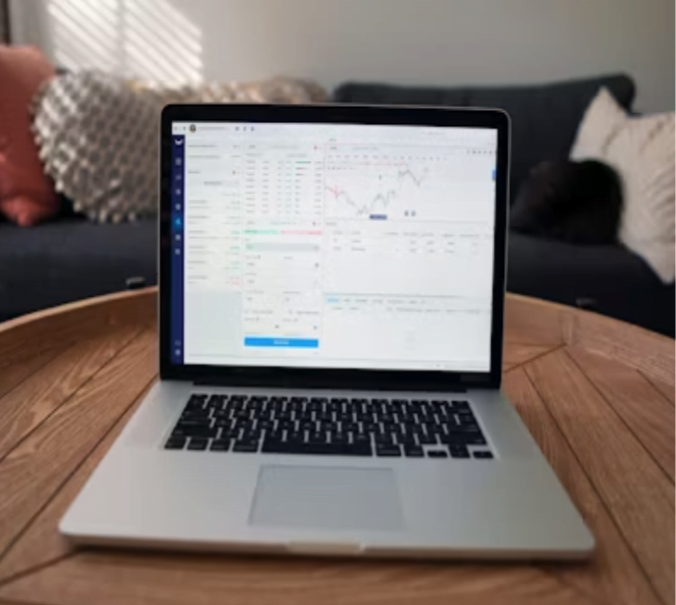The ongoing battle over Return to Office (RTO) policies is not just a matter of employees and employers disagreeing over where people should work—it’s a question of how businesses can operate most effectively in a rapidly evolving landscape. CEOs and Chief People Officers (CPOs) are caught in the middle of a situation where employees increasingly demand flexible work arrangements, while business leaders seek to preserve collaboration, culture, and productivity. Traditional approaches—such as the familiar practice of “asking around” for help or expertise—are no longer efficient in this hybrid world. Can AI offer a solution that bridges the gap and helps organizations navigate the challenges of RTO?
The Cracks in the in-office “Asking Around” Model
- The Time Sink: Here’s the painful truth: asking around is slow. Very slow. What should be a quick answer often turns into a game of telephone, with one person pointing you to someone else, who then redirects you yet again. McKinsey estimates that knowledge workers spend 20% of their time simply searching for the right information. That’s a massive productivity drain that no company can afford in a world where speed is the new competitive edge.
- Fragmented and Incomplete Knowledge: When you rely on your colleagues’ memory to locate expertise, you’re taking a gamble. In fast-moving industries, people upskill, shift roles, and move to new projects. Your go-to colleague might not be aware of the newest hires with relevant skills, or worse, they might send you to someone who’s outdated or irrelevant.
- Disruption of Focused Work: Each time someone interrupts your deep work to ask for expertise or a referral, both parties lose productivity. Workflows get interrupted, focus is shattered, and the overall pace of the team slows down. We’ve all felt it—the drag of constant disruptions breaking up our day.
- The Limits of Your Immediate Network: The act of asking around only connects you with people in your immediate network, which, in a large organization, can be incredibly limiting. There could be an untapped goldmine of expertise just one department away—yet you’ll never know about it if you’re restricted to your familiar circles.
Remote Work Compounds the Problem
In a remote-first or hybrid world, asking around becomes even more inefficient. Without the ease of walking down the hallway or having an impromptu chat by the water cooler, informal knowledge sharing has become a broken process. This physical barrier only amplifies the inherent inefficiencies in the old model.
Enter the New Era: Making invisible networks, visible.
We’re in an age where speed, efficiency, and seamless access to information can make or break your organization. Enter tools like Louisa AI, which transforms expertise discovery by leveraging AI to automate and streamline the process.
- Automated Expertise Mapping :Rather than relying on the fragmented memories of your colleagues, Louisa AI automatically builds and updates a detailed expertise graph of your organization. Skills, knowledge areas, and experience are cataloged, so you always know exactly who has the expertise you need—no guessing required.
- Instant Access to Expertise: Say goodbye to waiting on emails or scheduling a series of meetings to connect with the right person. Louisa AI connects you directly with the expertise you need, instantly. This reduces the time spent searching, allowing teams to move faster, collaborate more effectively, and make better decisions.
- Unlocking Cross-Departmental Knowledge: Don’t limit yourself to your direct network. With Louisa AI, you can gain visibility into expertise across the entire organization—no more blind spots. Whether it’s in a different department, a different region, or a different time zone, the knowledge you need is within reach.
- Designed for the Future of Work: Louisa AI isn’t just a tool for in-office teams—it’s built for the hybrid and remote work models that are here to stay. No matter where you’re working from, Louisa ensures seamless access to your organization’s knowledge base, so you can stay connected and productive.
Conclusion: Leveraging AI to Navigate the RTO Battle
As the battle over Return to Office policies continues, traditional methods of managing employee collaboration and knowledge sharing are no longer enough. CEOs and CPOs need a new approach that balances the needs of the business with employee satisfaction. AI can help by automating and streamlining expertise discovery, ensuring that employees are connected to the right knowledge at the right time.
The question now is not if AI will play a role in this transition, but how quickly organizations can harness its power to optimize the future of work. CEOs and CPOs who embrace AI will be well-positioned to lead their companies to success, even amidst the ongoing RTO debate.
The future of work is here. The question is whose budget will fund it—HR, Strategy or CRM? Get in touch to find out how some of the Fortune 500 are tackling this.















